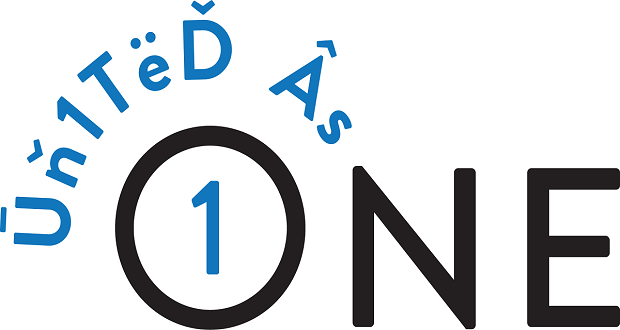It probably goes without saying that diversity and inclusion work is tied to the nature of work and working, but it’s usually those parts of our lives that go without saying that need the most revisiting. When we forget the physical conditions that produce the need for D&I work, it’s easy to slip into theorizing that is disconnected from tangible outcomes. This is why many who are resistant to D&I object to its relevancy for “bottom line” labor issues. There are many aspects of fair labor that are impacted by D&I: equitable hiring practices, promotion, and pay to name a few. But another aspect of labor rights that often gets overlooked is the quality of working itself—not the quality of the outcome, but the quality of the conditions and nature of work.
We saw these dynamics play out in the “Google guy” fiasco last year. The now infamous memo was essentially a tirade using questionable (at best) studies to challenge the progressive “biases” of D&I work and the inherent capabilities of women engineers as compared to men. But nowhere in the memo were these objections tied to concrete labor issues—it was essentially an attempt at resistance to D&I clothed in the “neutral” language of science. And this is ultimately why I think Google was justified in firing him. But I was also torn in my thinking. Not because of any substance of his critique—but because I am typically on the side of workers, and workers’ rights, in disputes that arise with employers. In this case, however, Google guy’s resistance was a direct assault on the peace and solidarity of his colleagues. In other words, his critique of the nature of our diversities was an attack on inclusion—which is the ultimate aim of diversity work.
Of course, part of our work in the D&I space is to be as clear, and empirically grounded, as possible about the phenomena we study. But we should always be just as clear about the tangible outcomes and foundations of our work in the first place. Working in the knowledge economy is exhausting enough—navigating micro-aggressions, psychological safety, imposter syndrome, complex hierarchies, role boundaries & toxic leadership—without adding an additional layer of workers who are resistant to understanding and valuing differences. D&I work is ultimately labor work, because we do not seek to understand differences for differences’ sake; but rather for working towards more liberating, fulfilling, and inclusive work. Or as one famous scholar once said regarding empty theorizing about work, “The philosophers have only interpreted the world, in various ways. The point, however, is to change it.”
D&I work is ultimately labor work, because we do not seek to understand differences for differences’ sake; but rather for working towards more liberating, fulfilling, and inclusive work. Click To Tweet



















